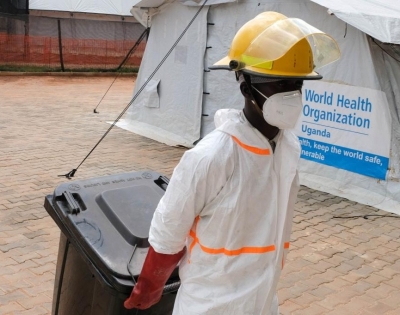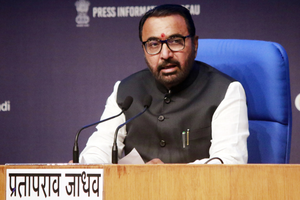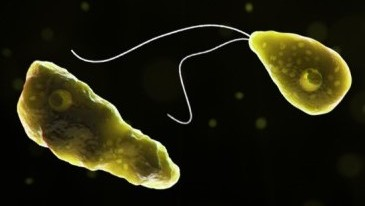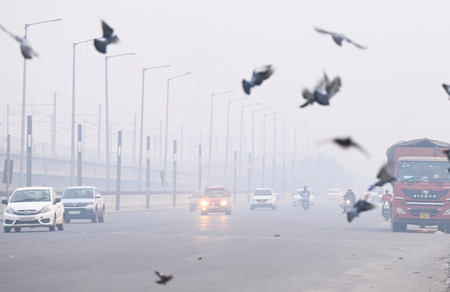
New Delhi, Nov 15 (IANS) Ethiopia has reported the first-ever outbreak of Marburg virus disease — a rare and deadly viral haemorrhagic fever — with lab reports confirming nine cases, said the World Health Organization (WHO).
The disease, caused by the Marburg virus, is from the same family of viruses that cause Ebola virus disease. It has a case fatality ratio of up to 88 per cent and has no antiviral treatment or vaccine.
It is transmitted to humans from fruit bats and spreads among people through direct contact with the bodily fluids of infected individuals or contaminated materials.
The symptoms include high fever, severe headache, muscle aches and fatigue, and many patients develop severe bleeding within a week of onset.
“Ethiopia’s Ministry of Health has confirmed an outbreak of Marburg virus disease in the South Ethiopia Region, the first of its kind in the country, following laboratory testing of samples from a cluster of suspected cases of viral haemorrhagic fever,” the WHO said.
“A total of nine cases have been reported in the outbreak that has affected Jinka town in the South Ethiopia Region,” it added.
Marburg and Ebola viruses are the two members of the Filoviridae family (filovirus). Though caused by different viruses, the two diseases are clinically similar.
Both diseases are rare and have the capacity to cause dramatic outbreaks with high fatality rates.
Rousettus aegypti, fruit bats of the Pteropodidae family, are considered to be natural hosts of Marburg virus.
As per genetic analysis, the Marburg virus in Ethiopia is of the same strain as the one that has been reported in previous outbreaks in other countries in East Africa.
Sporadic cases of the disease have been previously reported in Angola, Congo, Ghana, Kenya, Equatorial Guinea, Rwanda, South Africa, Tanzania, and Uganda.
Rousettus aegypti, fruit bats of the Pteropodidae family, are considered to be natural hosts of Marburg virus.
The WHO reported that the national authorities are scaling up response, including community-wide screening, isolation of cases, treatment, contact tracing, and public awareness campaigns to curb the spread of the Marburg virus.
The WHO and partners are also supporting the government as it intensifies its response to halt the spread of the virus and end the outbreak.
A team of responders with expertise in viral haemorrhagic fever outbreak response has been deployed along with medical supplies and equipment.
Currently, there is no licensed therapeutic or vaccine for effective management or prevention of Marburg virus disease.
Early access to supportive treatment and care — rehydration with oral or intravenous fluids — and treatment of specific symptoms improve survival, said the WHO.
–IANS
rvt/




